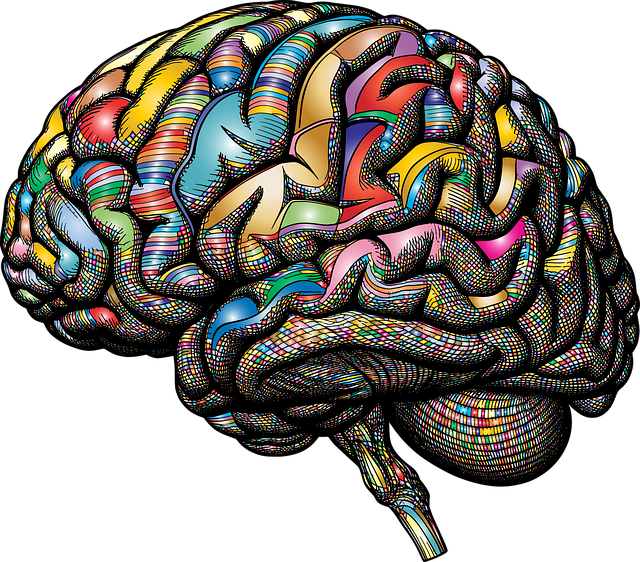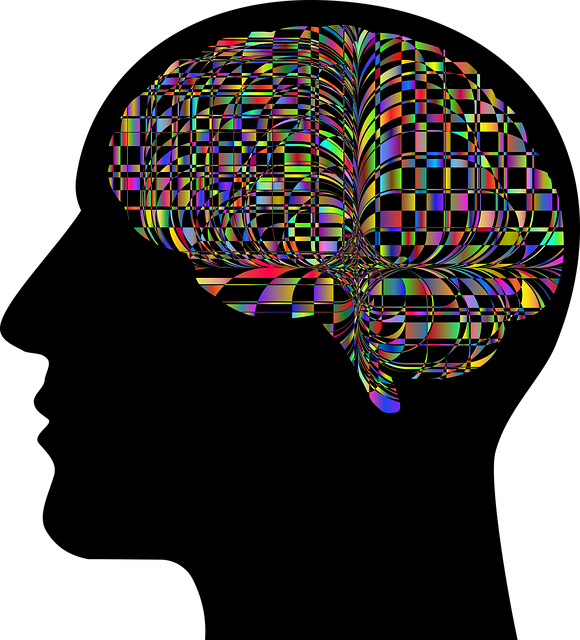Anxiety disorders, caused by genetics, trauma, or stress, manifest as physical and cognitive distress. Broomfield Online Therapy offers effective solutions through Cognitive Behavioral Therapy (CBT), which targets negative thought patterns, and mindfulness practices to reduce anxious emotions. Incorporating relaxation techniques, lifestyle changes like exercise and balanced diets, and building support networks are holistic approaches encouraged by Broomfield to enhance mental wellness and manage anxiety effectively.
Anxiety is a common struggle, but managing it effectively needn’t be difficult. This comprehensive guide explores various anxiety management techniques, offering practical strategies for a calmer life. We delve into understanding anxiety’s symptoms and causes, uncovering the power of Cognitive Behavioral Therapy (CBT), and introducing mindfulness practices to soothe your mind. Additionally, discover lifestyle changes and the importance of support systems in your journey towards reducing anxiety with Broomfield Online Therapy.
- Understanding Anxiety: Recognizing the Symptoms and Causes
- Cognitive Behavioral Therapy (CBT): A Powerful Tool for Overcoming Anxiety
- Mindfulness and Relaxation Techniques to Calm Your Mind
- Lifestyle Changes and Support Systems: Nurturing a Calmer You
Understanding Anxiety: Recognizing the Symptoms and Causes

Anxiety is a normal human response to stress and uncertainty, but when it becomes persistent and overwhelming, it can significantly impact daily life. Understanding anxiety involves recognizing its various symptoms, which can range from physical sensations like increased heart rate and breathing issues to cognitive effects such as excessive worry and fear. Many factors contribute to anxiety disorders, including genetic predisposition, traumatic experiences, chronic stress, and certain medical conditions.
Broomfield Online Therapy offers a comprehensive approach to managing anxiety by combining evidence-based techniques with empathy building strategies. Through therapy sessions conducted virtually, individuals can access professional support from the comfort of their homes. Public awareness campaigns development and cultural sensitivity in mental healthcare practice are also essential components in addressing anxiety, ensuring that everyone receives tailored care that respects their unique background and experiences.
Cognitive Behavioral Therapy (CBT): A Powerful Tool for Overcoming Anxiety

Cognitive Behavioral Therapy (CBT) is a highly effective approach to managing anxiety disorders, offering individuals in Broomfield Online Therapy a powerful tool to overcome their fears and worries. This form of therapy focuses on identifying and changing negative thought patterns that contribute to anxious behaviors. By challenging these distorted thoughts, CBT enables people to develop healthier coping mechanisms and gain a more realistic perspective on situations that trigger anxiety.
Through structured sessions with a qualified therapist, individuals learn to recognize and question their anxious thoughts and beliefs. This process involves understanding the connection between thoughts, feelings, and behaviors, allowing for a more balanced approach to managing stress. CBT also equips clients with valuable strategies for relaxation and mindfulness, fostering inner strength development and reducing the impact of mental illness stigma reduction efforts. Additionally, it can be tailored to address specific phobias or generalized anxiety disorders, making it a versatile method within Stress Management Workshops Organization frameworks.
Mindfulness and Relaxation Techniques to Calm Your Mind

In today’s fast-paced world, anxiety can feel like an ever-present companion. However, Broomfield Online Therapy offers powerful tools to reclaim your mental wellness and promote emotional well-being. One such effective strategy is mindfulness, a practice that encourages individuals to focus on the present moment, observing thoughts and feelings without judgment. By cultivating mindfulness, you can learn to separate from anxious thoughts, reducing their grip on your emotions.
Relaxation techniques, often integrated into mindfulness practices, play a significant role in anxiety management. Deep breathing exercises, progressive muscle relaxation, and guided visualizations are among the tools that can help calm your mind and body. These techniques, accessible through Broomfield Online Therapy, empower individuals to create a sense of tranquility and resilience against anxious intrusions. Incorporating these practices into daily routines can lead to a significant improvement in overall mental wellness and emotional well-being.
Lifestyle Changes and Support Systems: Nurturing a Calmer You

Anxiety management isn’t just about coping mechanisms; it’s about cultivating a healthier, calmer lifestyle. This involves adopting practices that support emotional regulation and mental health awareness. Simple yet effective changes like regular exercise, mindfulness meditation, and maintaining a balanced diet can significantly reduce anxiety levels. Engaging in these activities helps to keep your mind and body in harmony, fostering a sense of balance and well-being.
Building and leveraging a strong support system is another crucial aspect. Connecting with friends, family, or considering Broomfield Online Therapy offers a safe space to share feelings and gain different perspectives. This network provides emotional backing, enabling better risk management planning for mental health professionals and individuals alike. By integrating these lifestyle changes and nurturing your support systems, you can take a significant step towards managing anxiety effectively.
Anxiety is a common challenge, but with the right tools, it can be effectively managed. By understanding anxiety’s symptoms and causes through Broomfield Online Therapy, individuals can empower themselves using evidence-based methods like Cognitive Behavioral Therapy (CBT). Integrating mindfulness practices and lifestyle adjustments, coupled with supportive networks, offers a holistic approach to calming the mind. With dedicated effort, one can transform their relationship with anxiety, enhancing overall well-being.













